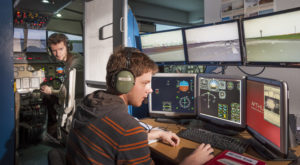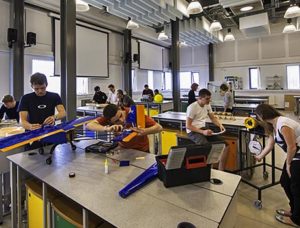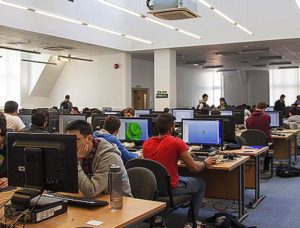How you'll learn
You’ll be taught through a combination of traditional lectures and practical classes, benefitting from research-led teaching and active learning methods.
There will be a mixture of lectures, seminars, tutorials, laboratory work, demonstrations, problem-solving exercises, group projects and independent study.
How you're assessed
You’ll be assessed through a combination of written exams, class tests and coursework.
Coursework-based assignments include essays, reports, oral presentations, mini-project work, key skills exercises and a dissertation.
Liverpool Hallmarks
We have a distinctive approach to education, the Liverpool Curriculum Framework, which focuses on research-connected teaching, active learning, and authentic assessment to ensure our students graduate as digitally fluent and confident global citizens.
The Liverpool Curriculum framework sets out our distinctive approach to education. Our teaching staff support our students to develop academic knowledge, skills, and understanding alongside our graduate attributes:
- Digital fluency
- Confidence
- Global citizenship
Our curriculum is characterised by the three Liverpool Hallmarks:
- Research-connected teaching
- Active learning
- Authentic assessment
All this is underpinned by our core value of inclusivity and commitment to providing a curriculum that is accessible to all students.










